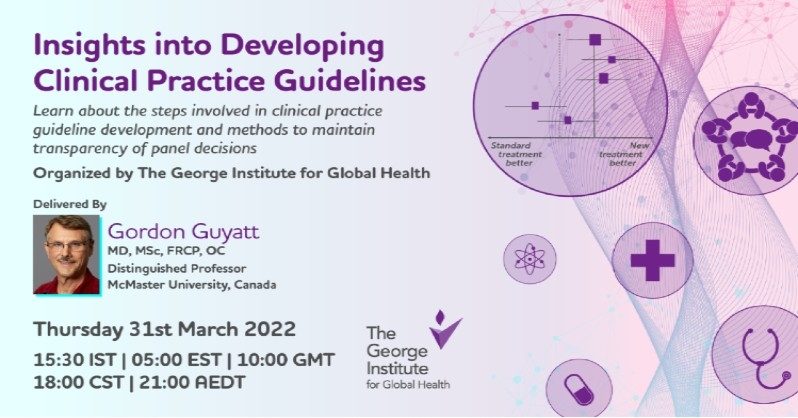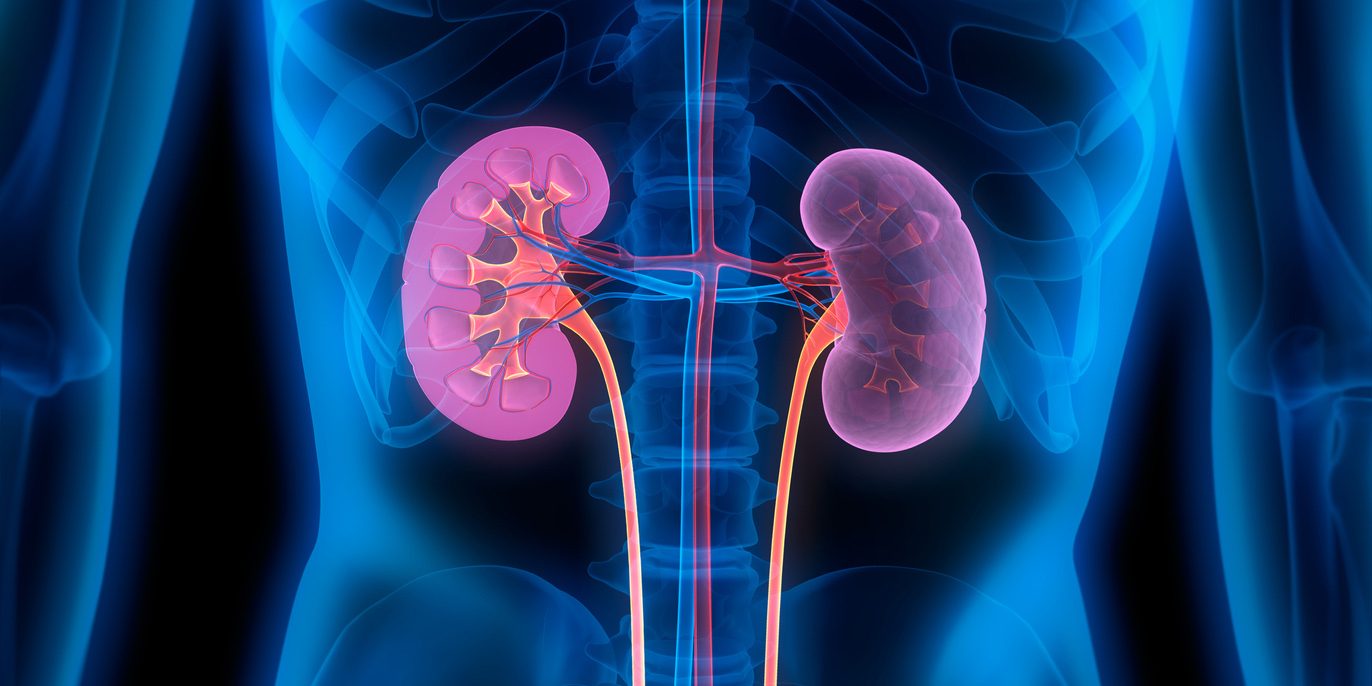For over two decades, The George Institute for Global Health has been at the forefront of global efforts to improve kidney disease treatment around the world. In line with the theme of World Kidney Day, a key focus of the Institute’s work has been on identifying and addressing the knowledge gaps that have the biggest impacts on the outcomes of patients with the disease.
In conjunction with the Asian Renal Collaboration - a group of international investigators contributing cohort study data on people with chronic kidney disease (CKD) from the Asia-Pacific region – George Institute researchers have published the first collaborative review to consolidate available data on CKD prevalence in Asia.
It is estimated that around ten percent of the world’s population is affected by CKD, with socio-economically disadvantaged groups bearing a greater burden, and millions die annually for want of affordable treatment.
CKD is strongly interrelated with other major diseases, and the rising prevalence of diabetes - the leading cause of CKD globally – is the main driver of growth in kidney disease.
Much of the future growth is expected to occur in Asia, a region home to more than 4.5 billion people or 60 percent of the global population, which is already grappling with a diabetes epidemic. In South Asia alone, diabetes prevalence is estimated to increase by over 150 percent between 2000 and 2035, with the highest numbers in China and India.
Corresponding author on the CKD prevalence review, Associate Professor Min Jun, who is Program Lead in the Renal and Metabolic Program at The George Institute, said that there was a substantial variation in CKD prevalence across the region.
“We found that as many as 434 million people could have CKD across the eastern, southern and south-eastern regions of Asia, with most of the disease burden observed in China and India, in line with diabetes prevalence,” he said.
“Of the total number of people with CKD, we estimate that almost 66 million are in the advanced stages of the disease, and we know how challenging it is to achieve meaningful improvements in clinical outcomes for these patients.”
Co-author Associate Professor Tadashi Toyama, from the Department of Nephrology and Laboratory Medicine at Kanazawa University in Japan, said the results pointed to priorities for intervention.
“The alarming numbers in whom the disease has already progressed highlight the increasing importance of early detection (including potentially screening for CKD) and treatment - according to the availability of local resources - to stem the to stem the tide of disease burden in Asia,” he said.
While the research team was able to build a reasonably accurate picture of the disease across the region, some significant gaps remain in certain areas where routine data collection is less established.
In a separate review, published in January, George Institute researchers compared CKD prevalence in over 2.5 million females and a similar number of males from 15 Asian countries.
As with other major chronic diseases like diabetes and coronary heart disease, there is accumulating evidence that females and males are differentially affected by CKD in terms of prevalence, disease progression and health outcomes.
Lead author Dr Carinna Hockham, Research Associate in the Institute’s Global Women’s Health Program, said that while some reports on the prevalence of CKD in other parts of the world pointed to sex disparities, they had been inconsistent.
“By collating all available data on sex-specific CKD prevalence estimates across Asia, our study found that the overall prevalence of CKD in Asia was slightly higher in females compared with males, but there was considerable variation between countries,” she said.
“Unfortunately, data on sex-specific CKD prevalence is either absent or limited in a large part of the region, with three-quarters of the studies coming from East Asia. This makes it harder to develop locally relevant policies to address the needs of both females and males.”
Professor Vivekanand Jha, Executive Director at The George Institute for Global Health India, said that changes would be needed to fill these gaps moving forward.
“As the global capacity for CKD surveillance is strengthened over the next 5–10 years, it will be important for sex- and gender-disaggregated data collection and reporting to be embedded within monitoring programmes as they are being developed,” he said.
Both studies are helping to build a clearer picture of the extent and pattern of CKD across the region to inform health policy decisions, guide future research and develop effective interventions to prevent and manage CKD and its complications.


















